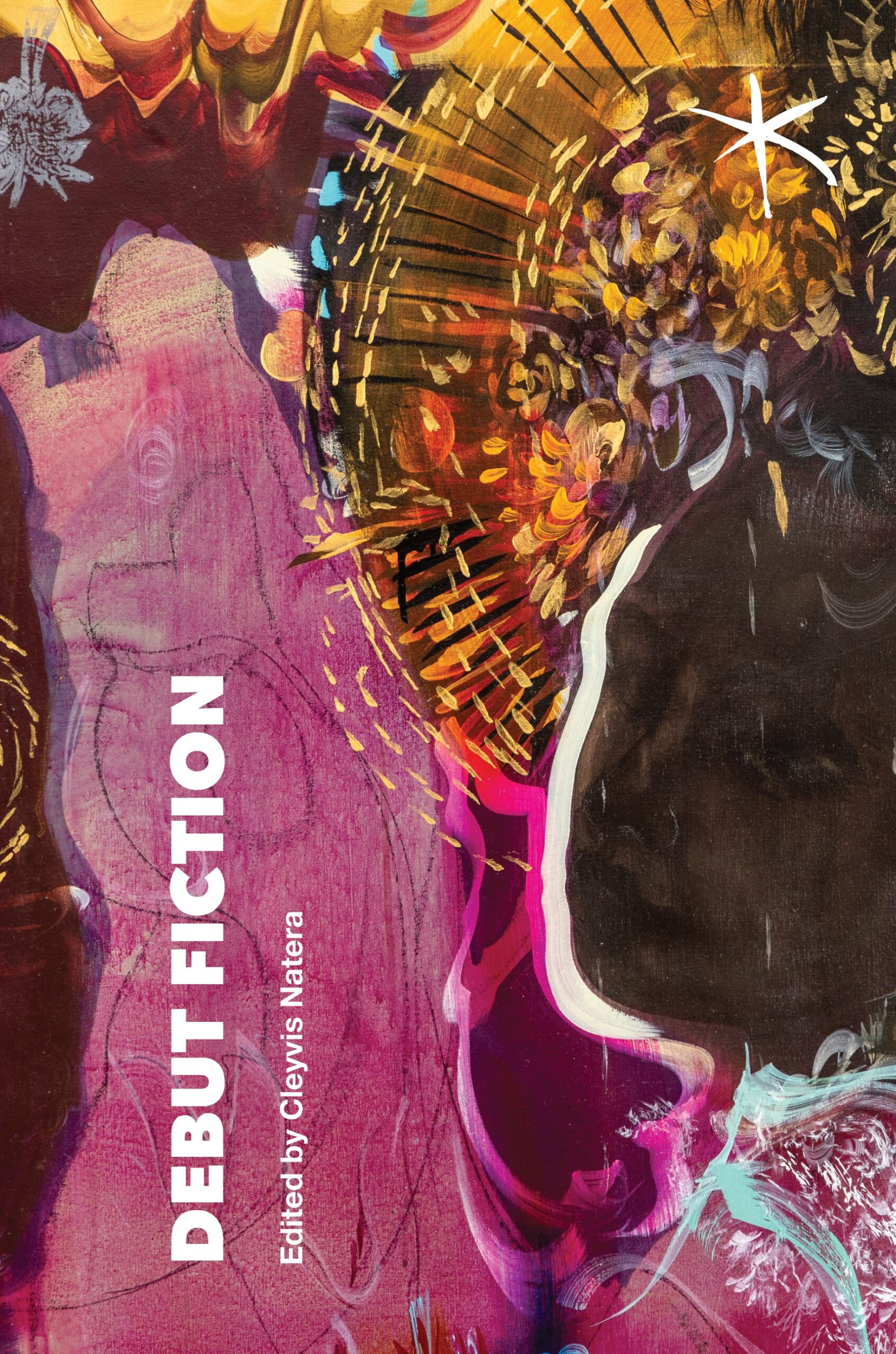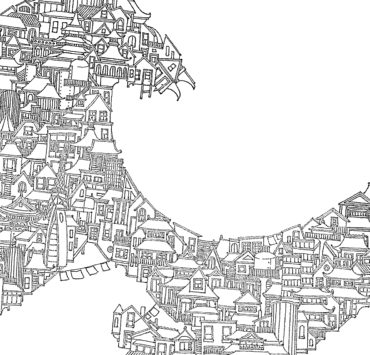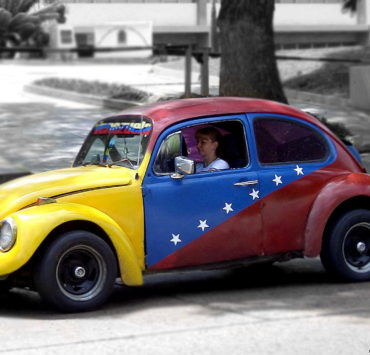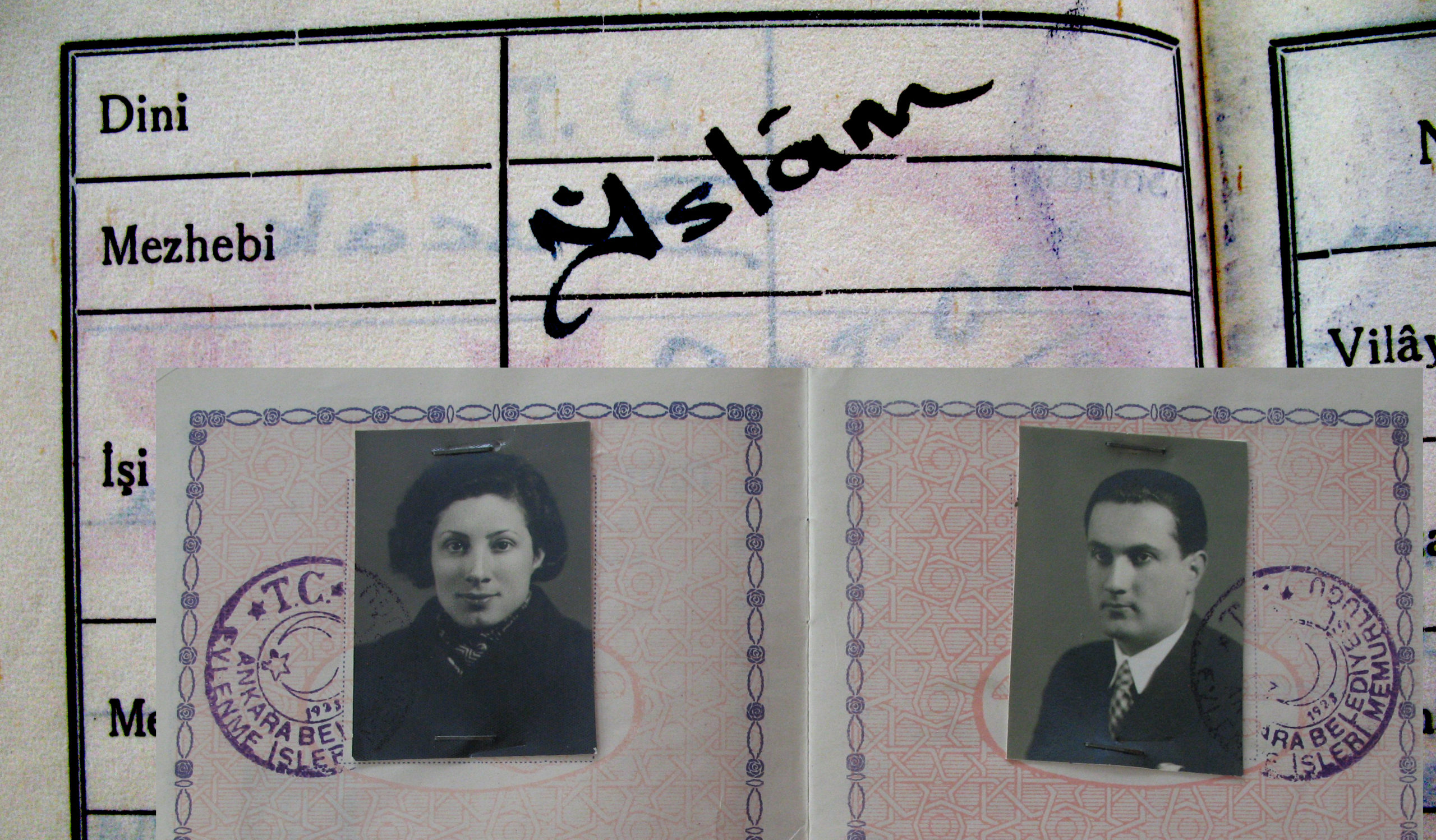
I am not a Muslim, but on my nüfus kâğıdı, the Turkish identity papers, as on every Turk’s nüfus kâğıdı, my religion is identified—in beautiful script—as Islam.
When the internment camps start, you may need to look for me there. They may be secret; you may have to search. Florida is a good place to start; the governor believes in secrets, and there are many places to hide things and people.
Confession: Usually I say this as a joke, even though it is not terribly funny. Usually I don’t believe it will happen, even though I know it could and has.
Maybe the camps will not be secret. Maybe Manzanar, Tule Lake, Topaz, Poston, Gila River, Granada, Heart Mountain, Minidoka, Rohwer, and Jerome will simply reopen for business.
My mother is American; my father is Turkish. He is not a Muslim either. If they reopen and we are taken at least we will be in the camps together. My brother, too. I suppose I should wish for their freedom, but instead I wish for their company.
I don’t speak Turkish or Arabic, don’t know how to pray, don’t know how to be anything other than American; internment will be its own foreign country. But maybe I’ll have a lot of time to read, to study Turkish, to learn to pray.
Confession: when I imagine internment I don’t think gas chambers or starvation or mass burials or slave labor. I think about community not isolation. My imagination protects me. Have you seen the art that came out of the Japanese internment camps?
I’ve thought of writing a short story based on a situation like this, based on a person like me. Such drama, such injustice. I want to believe it could only be fiction; I can’t help but hold to the idea that we are beyond such things.
Yet nothing predicts the future so well as the past.
Just this year, after forty-four years of not mentioning it, my father said, “I have to tell you a story my father told me.” But then he couldn’t bring himself to tell me; my mother had to do it.
His father, my grandfather, grew up in Ordu, on a filbert farm on the Black Sea. When my grandfather was a boy, his parents took in an orphaned Armenian boy. A lot of Armenian children were orphaned then. You know how, why. The Armenian boy called my grandfather abi—older brother. It sounds like a happy story, doesn’t it? The government, for once, not doing the worst. Sparing the children, at least.
But then there was fear of reprisals. Fear of children turning into avenging adults. The government took the boy away. Reportedly he was put on a boat with all of the other orphaned Armenian children. A boat taken to sea and sunk.
The past is so full of nightmares; no doubt the future will be, too.
And yet I still feel on the safe side of unsafe. Even though I know: there isn’t a person in this world who can’t be categorized and then killed for it.
I wonder what my young grandfather thought the day his new brother was taken away. That he, my grandfather, was safe, or that he wasn’t?
Confession: I have used that story in a story, too. It seems so much like fiction, even though it isn’t.
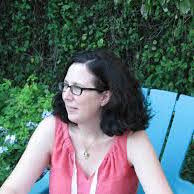
Ayşe Papatya Bucak teaches in the MFA program at Florida Atlantic University. Her prose has been published in a variety of magazines, including Kenyon Review, Prairie Schooner, Creative Nonfiction, Brevity, and The Rumpus. Her short fiction has been selected for the O. Henry and Pushcart Prizes. She is a contributing editor for the literary journal Copper Nickel.

